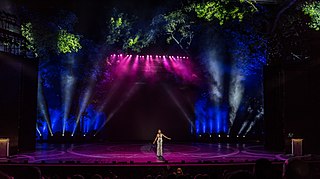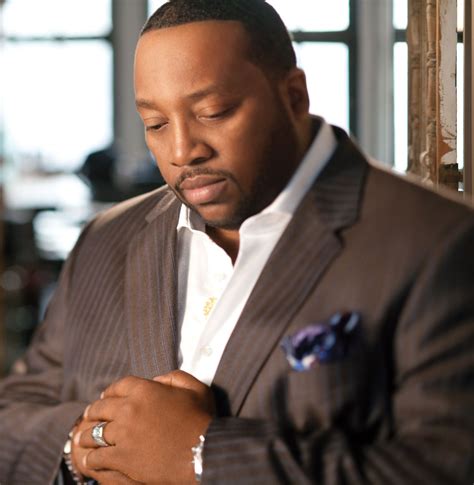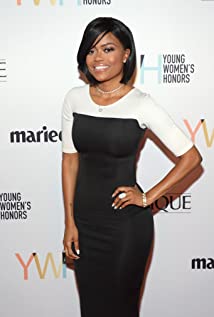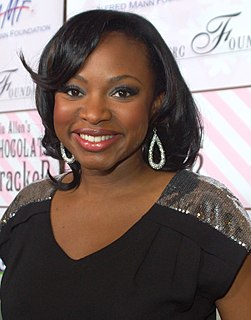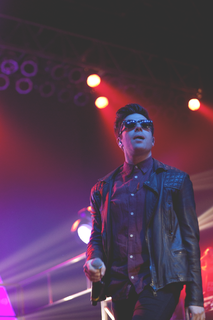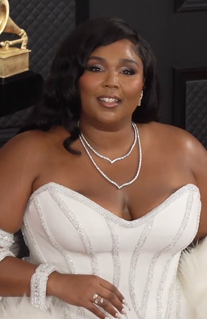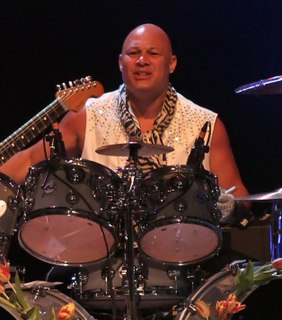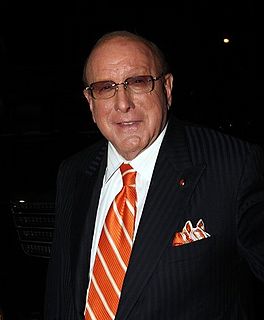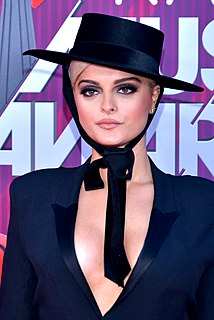A Quote by Heather Headley
Whitney Houston, one of my biggest inspirations, also had that same mindset because her songs vary from R&B, hip hop, pop, and gospel.
Related Quotes
My definition of hip hop is taking elements from many other spheres of music to make hip hop. Whether it be breakbeat, whether it be the groove and grunt of James Brown or the pickle-pop sounds of Kraftwerk or Yellow Magic Orchestra, hip hop is also part of what they call hip-house now, or trip hop, or even parts of drum n' bass.
What Whitney Houston has accomplished will never be accomplished. She's the most famous person on the planet as far as vocaling and her songs. So I'm very happy that I can sit here and say I had a chance to know her. And I'm still dazed that she's gone. But she lives because her music is so powerful.
There needs to be structures in place to do something about misrepresentation about hip hop. When awards are given out and the media talk about hip hop, they're confused because they haven't done their homework on it so you have a case where there's an award for the most pop song in the world and it's called 'hip hop'.
To me, that's the biggest problem with hip-hop today is the fact that everyone believes that all of hip-hop is rap music, and that, when you say "hip-hop," it's synonymous with rap. That when you say "hip-hop," you should be thinking about breakdancing, graffiti art, or MCing - which is the proper name for rap - DJing, beat-boxing, language, fashion, knowledge, trade. You should be thinking about a culture when you say, "hip-hop.".
